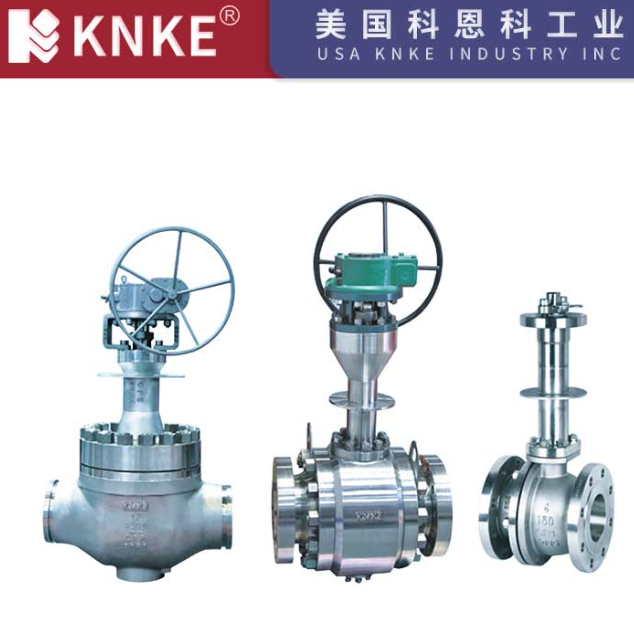Forged Steel Ball Valves: Essential Uses & Applications Across Industries
Forged steel ball valves are crucial industrial components. Businesses value them for their durability, reliability, and excellent sealing. Their robust construction, from the forging process, makes them perfect for demanding environments. Here, high pressure, high temperature, and corrosive media are common. Understanding their diverse applications shows their importance in modern industry.

Why Forged Steel Ball Valves Stand Out
The “forged” part means steel is heated, then shaped under immense pressure. This process refines the metal’s grain structure. The result is a valve body that’s stronger, less porous, and more resistant to impact and fatigue than cast valves. This strength drives their widespread use in critical applications.
Key Applications of Forged Steel Ball Valves
Forged steel ball valves are versatile. You’ll find them in many sectors. Here are some key uses:
- Oil and Gas Industry: This is a major application. Forged steel ball valves see extensive use in upstream (exploration, production), midstream (pipeline transport), and downstream (refining, processing) operations. They handle crude oil, natural gas, refined products, and chemicals under extreme conditions. Their tight shut-off is vital for safety and leak prevention.
- Petrochemical and Chemical Plants: These facilities use forged steel ball valves to manage various aggressive chemicals, acids, and bases. Their corrosion resistance (with proper material choice) and high-temperature tolerance are essential for safe, efficient operations.
- Power Generation: Both thermal and nuclear power plants use forged steel ball valves. They control steam, water, and fuel lines. Their reliability in high-pressure, high-temperature steam applications is key for efficiency and safety.
- Water Treatment and Distribution: These valves also play a role in large-scale water treatment and distribution. This is especially true when systems involve higher pressures or specific chemical treatments.
- Marine and Shipbuilding: Forged steel ball valves are robust and resist corrosive saltwater. Therefore, shipbuilders use them in many onboard fluid control systems.
- Mining: In mining, these valves appear in applications like slurry transport, water management, and process fluid control. Durability against abrasive materials is crucial here.
Advantages in Specific Use Cases
Beyond general industry uses, forged steel ball valves offer specific advantages:
- High-Pressure Environments: Their superior strength allows safe operation under very high pressures. This makes them ideal for hydraulic systems, gas transmission lines, and high-pressure chemical processes.
- High-Temperature Applications: Forged steel remains stable at high temperatures. This ensures the valve’s structural integrity and sealing performance. This is crucial for steam lines and hot oil systems.
- Corrosive Media: Manufacturers produce forged steel ball valves from appropriate alloys (e.g., stainless steel, Hastelloy). These valves then offer excellent resistance to many corrosive chemicals, extending their life and ensuring safety.
- Emergency Shut-off Systems: Their quick quarter-turn action and reliable shut-off capability make them perfect for emergency isolation or safety shut-off valves in various industrial processes.
Forged steel ball valves are workhorses of modern industry. Their robust design, superior strength, and reliable performance in challenging environments make them indispensable. They control the flow of various liquids and gases. From oil wells to complex chemical processes, their wide applications are critical for safe, efficient global industrial operations.
